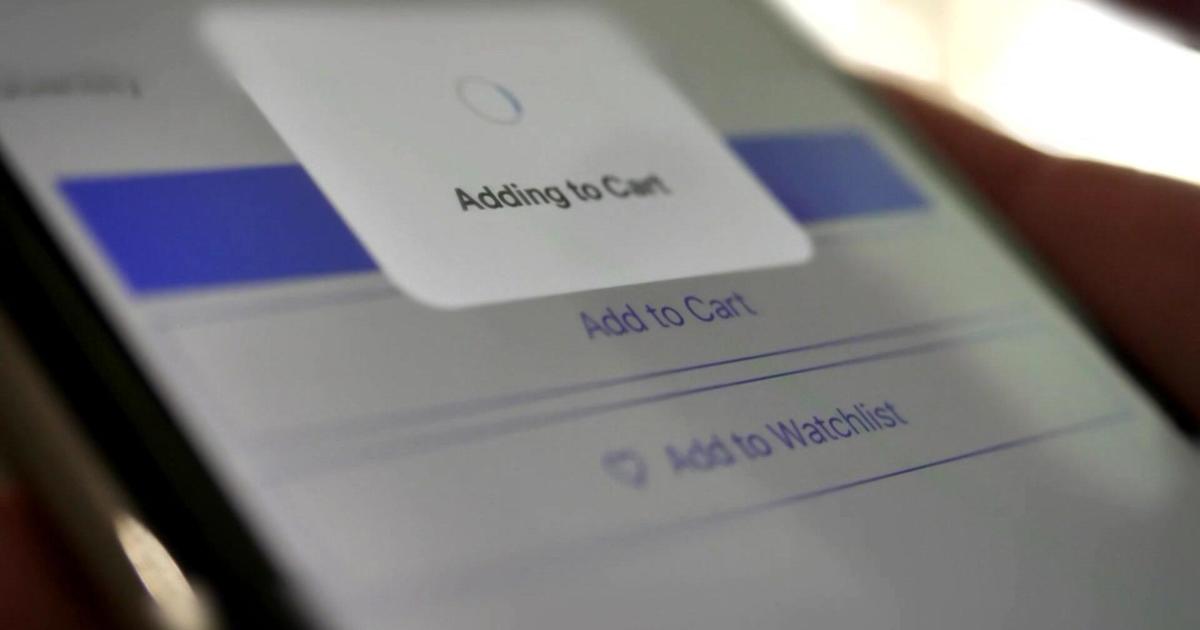SACRAMENTO – During the holiday season, there has been a notable increase in deceptive practices, with criminals now turning to artificial intelligence to carry out identity and financial theft. Experts emphasize the critical importance of remaining vigilant in light of these threats.
Scammers are constantly innovating their tactics across various online platforms to deceive individuals and extract money from them.
Celia Surridge, a BBB representative, expressed deep concern about the prevalence of consumer scams, especially during peak shopping periods like Amazon Prime sales.
Holiday scams encompass a wide range of fraudulent activities, including those related to social media, undelivered packages, fake gift cards, and sham websites.
A disturbing trend in recent scams involves the misuse of artificial intelligence technology.
Surridge warned that scammers can now use AI to manipulate audio and visual elements to mimic the voice of a family member, creating fictitious emergencies to solicit financial aid over the phone.
This alarming development has prompted legislative action, with Rep. Josh Harder noting a significant increase in fraudulent schemes nationwide over the past two years.
According to recent data from the Federal Trade Commission, consumers suffered losses amounting to nearly $9 billion in 2022 due to fraud, representing a 30% surge from the previous year. The rise of AI-driven scams is expected to further inflate these figures.
Recognizing the rapid evolution of technology, Harder has introduced the Artificial Intelligence Accountability Act to ensure that technology companies are held responsible for the misuse of their creations.
The FBI has issued a set of precautionary measures to help protect individuals’ finances:
- Avoid answering calls from unknown numbers
- If a caller claims to be a family member but raises suspicions, end the call immediately
- Verify the caller’s identity with other family members
- Limit the sharing of personal information on social media platforms
- Refrain from providing personal details over the phone without verifying the legitimacy of the caller.






